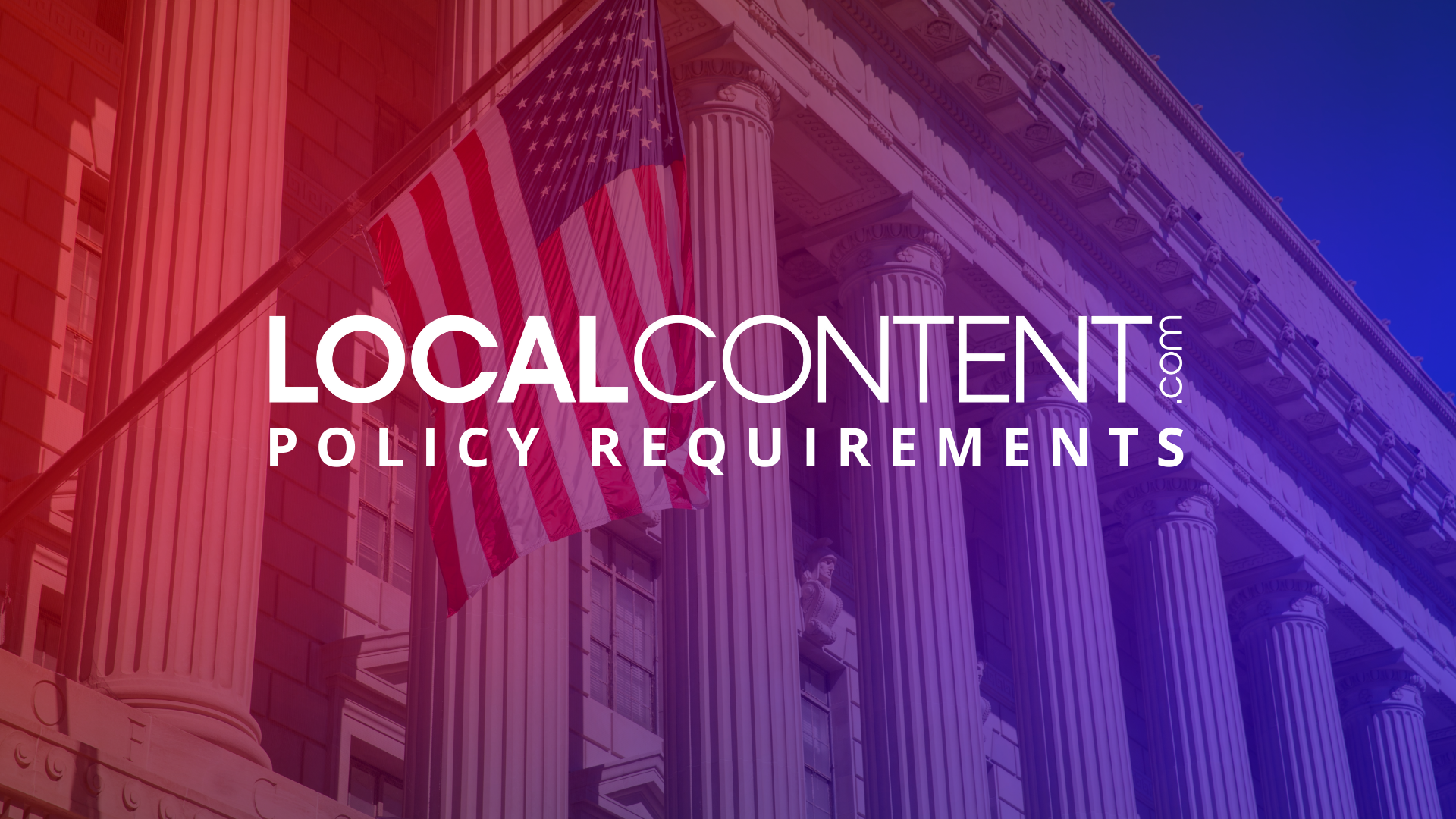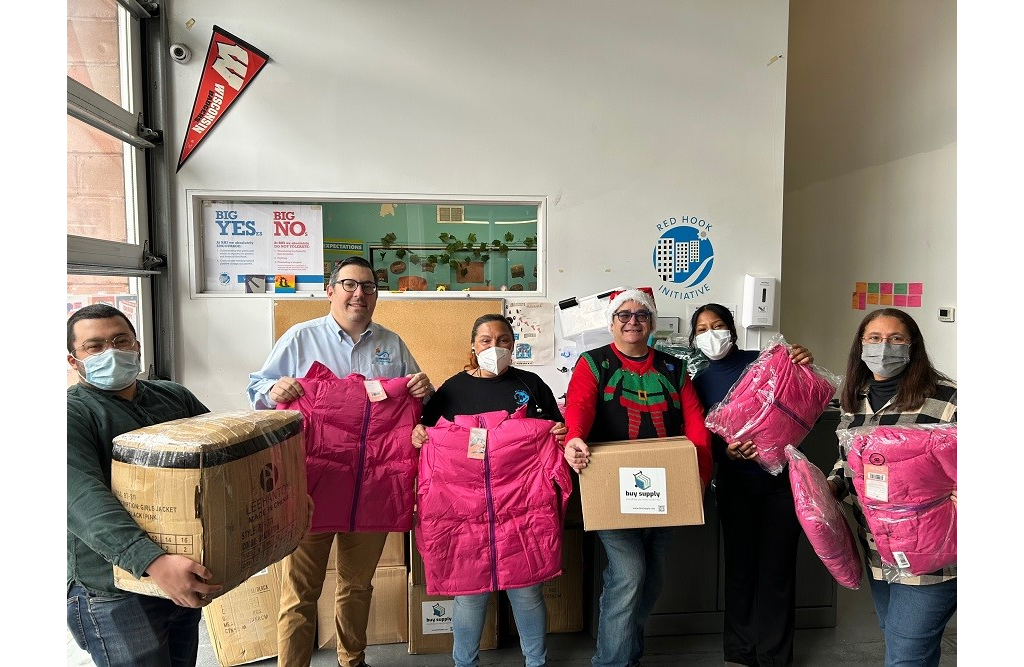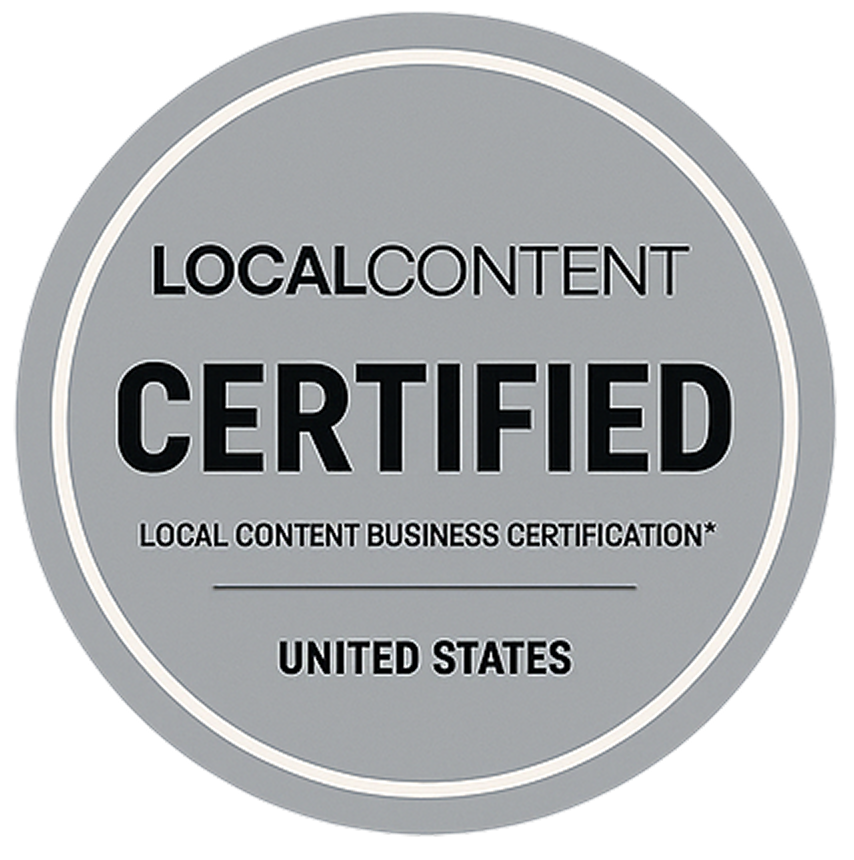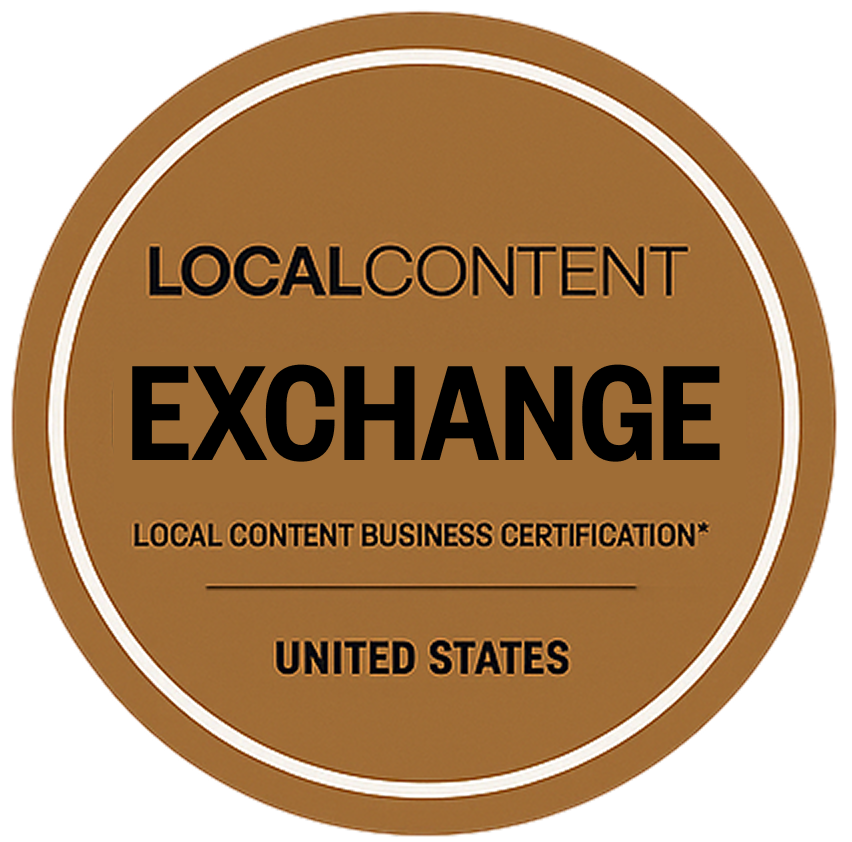What is Petroleum (Local Content) Regulations of 2017 | Tanzania

The Petroleum (Local Content) Regulations of 2017 in Tanzania are designed to ensure that the country’s oil and gas sector benefits Tanzanians by promoting local participation in employment, goods, services, and business opportunities. These regulations are intended to enhance national capacity and foster sustainable economic development by requiring foreign companies in the petroleum sector to prioritize Tanzanians in various aspects of their operations.
Regulators:
The Petroleum Upstream Regulatory Authority (PURA) enforces compliance for upstream activities such as exploration and production, while the Energy and Water Utilities Regulatory Authority (EWURA) is responsible for downstream activities like refining, distribution, and marketing.
Penalties for Non-Compliance:
Penalties for non-compliance can include fines, suspension or revocation of operating licenses, and delays in project approvals. Companies found violating the local content regulations can also face reputational damage and reduced business opportunities.
Three Compliance Data/Percentage Requirements:
1. Employment: At least 80% of employees must be Tanzanians.
2. Procurement: At least 25% of goods and services must be sourced from Tanzanian businesses.
3. Training and Capacity Building: Companies must allocate at least 1% of annual revenues to local workforce training and technology transfer programs.
.png)
Local Content is the Next Compliance Asset Class
LocalContent.com™ transforms how public and private sector projects meet local and domestic content requirements—with technology, data, and certification solutions that build trust, unlock funding, and prove community value.
Subscribe to Local Content
LocalContent.com Announces Upcoming AI-Driven Certification Suite to Boost Supply-Chain and Workforce Compliance, Competitiveness, and Economic Opportunity
Take the free assessment instead
%20(2).png)
.png)






